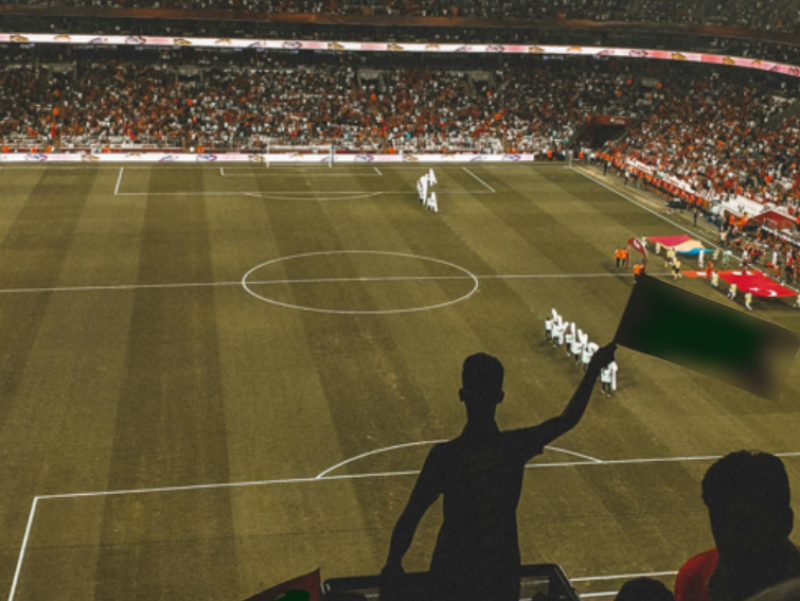以下は大雑把な英語版です。
知ってる内容を英語ルートで理解。洋画で字幕を読んで英語を聞くように。
日本語の内容はこちらから
↓ ↓ ↓
https://worldlife.jp/archives/13100
Hi there!
I saw something interesting on TV recently. There was a story about a Brazilian soccer player who faced
mean comments during a match in Spain. He stood up against it, and the game had to pause for a bit.
This reminded me of a time when my family and I were in Spain a few years ago. We went into a souvenir shop in Mallorca, and something strange happened.
As soon as we entered, a serious-looking Spanish clerk stood next to us without saying anything. We were confused but started looking for gifts for our friends in Japan. Every time we picked up an item, like a T-shirt, and put it back, the clerk quickly took it, folded it, and put it back silently.
We realized they thought we were shoplifters! It felt really bad because we were treated unfairly just because we looked different. We were the only Japanese people around.
When I heard about the soccer player on TV, I thought about how people sometimes treat others unfairly based on their race. It made me sad, but then I read an interesting book that changed my perspective.
According to Kurzban, an evolutionary psychologist, racial discrimination isn’t something deep-rooted. He says it’s not in our instincts. Instead, it might be more about feeling uneasy around strangers.
He explains that for most of the 4 million years since humans appeared, we didn’t meet many people from different races. It’s only been about 10,000 years since we started moving around more, meeting new people.
So, when it comes to sports, like soccer, people care more about the team than the player’s race. In the Spanish league, the Brazilian player Vini faced discrimination from
some fans of the other team, but not from his own team’s supporters. This shows that most people care more about the team than the player’s race.
But you might wonder why there are still problems in some places, like the Middle East. Kurzban says it’s mostly due to luck. Different groups ended up close to each other by chance, and this led to conflicts. So, it’s not really about race; it’s more about being strangers to each other.
In the end, Kurzban suggests that we shouldn’t give too much importance to racial feelings. What do you think?
私立学校に英語教師として勤務中、40代半ばに差し掛かったころ、荒れたクラスを立て直す策として、生徒に公言して英検1級に挑戦することを思い立つ。同様の挑戦を繰り返し、退職までに英検一級(検定連合会長賞)、TOEIC満点、国連英検SA級、フランス語一級、スペイン語一級(文科大臣賞)、ドイツ語一級、放送大学大学院修士号などの成果を得る。
アメリカで生徒への対応法を学ぶ為に研修(地銀の助成金)。最新の心理学に触れた。4都県での全発表、勤務校での教員への研修を英語で行う。現在も特別選抜クラスの授業を全て英語で行っている。「どうやって単語を覚えればいいですか?」という良くある質問に答える為、印欧祖語からの派生に基づく「生徒には見せたくない語源英単語集」を執筆中。完成間近。常日頃洋書の読破で様々な思考にふれているが、そうして得た発想の一つを生かして書いた論文がコロナ対策論文として最近入賞。賞品の牛肉に舌鼓をうっている。元英検面接委員


